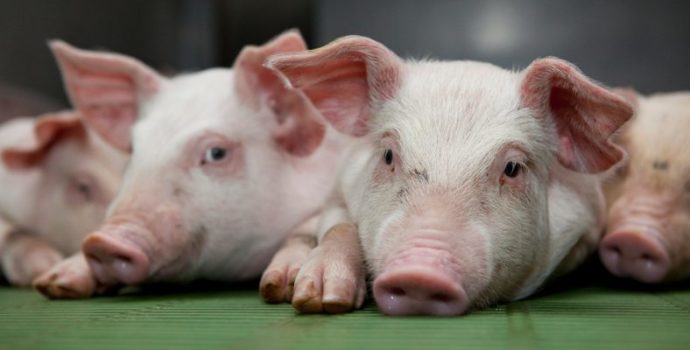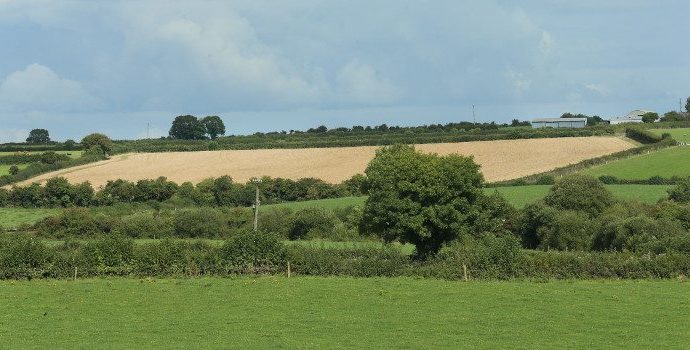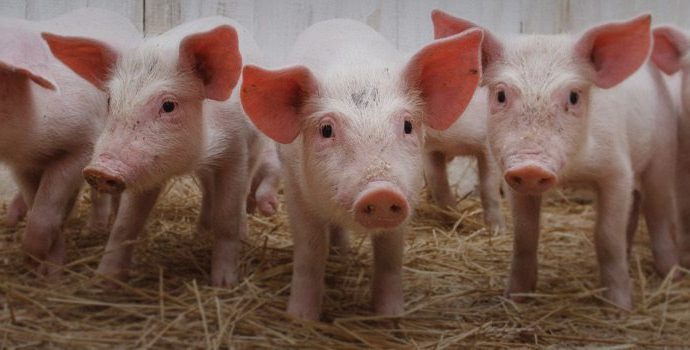Pig Farmers Facing Financial Crisis – Hogan

IFA Pigs Committee Chairman Tom Hogan called on all stakeholders in the pig sector to face up to the realities of the current economic figures of producing pigs in Ireland. The price farmers are receiving for Bord Bia quality assured pigs has remained static since numerous price reductions in the back end of 2017 and early January 2018 levelled off at the current price of €1.40c/kg.
Speaking after a meeting of the IFA Pigs Committee this week, Tom Hogan said the seriousness of the situation for pig farmers needs to be highlighted to banks, pig factories, secondary processors, retailers and the Irish consumer.
He said, “Current production costs are well recognised as being at €1.50c/kg. With the price 10c/kg below the basic cost of production, an 83kg pig carcass is losing over €8. For the average Irish pig unit, this is resulting in a real loss of €3,500 every week at current production figures. Pig farmers are no strangers to price volatility and the pig industry is exposed to the world commodity market that fluctuates naturally. The current outlook, after six months of negative return, is where the crisis lies for the pig sector. Higher feed costs, labour cost and availability, and the continued increase in worldwide pork production are all combining to keep cost rising with no significant pig price rise in sight”.
The Pigs Committee agreed to seek a pig price increase from the primary processors and the retailers who sell the majority of Bord Bia QA-approved product on the domestic market, which is the most important market for Irish pigmeat.
Tom Hogan called on all secondary processors to support the local Irish pig farmers and purchase Bord Bia approved, quality assured pigmeat products from certified plants. “It is heart-breaking to walk into a local retailer and see imported pigmeat on the shelf, displacing our own locally produced pork and bacon. This practice not only displaces Irish pigmeat; it also jeopardises an entire industry which supports over 10,000 jobs in all areas of Ireland”.
Bord Bia also have an increasingly important role to play, in exploring and developing existing and emerging markets for export potential for Irish pigmeat. Tom Hogan called on Bord Bia to continue the work being carried out, but also to increase resources during this protracted crisis period in the Irish pig production sector, to promote domestic consumption and gain sustainable export market share.



